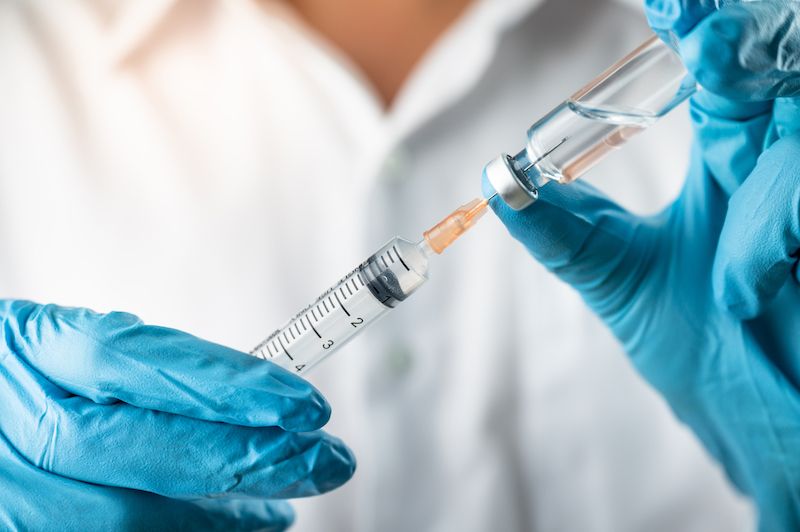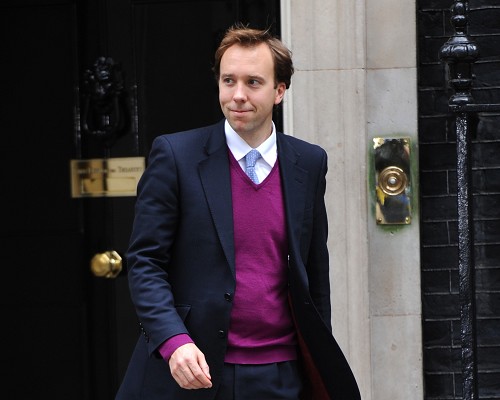

Elderly residents, frontline healthcare workers and people involved in residential or care homes would likely be the highest priority for vaccination - but the vaccine itself could still be a while off, according to the UK Government.
Policy & Resources Vice President Heidi Soulsby has shared advice from the UK's Joint Committee on Vaccination and Immunisation on Twitter, that discusses which groups should be given priority if a Covid-19 vaccine is authorised for use, based on data such as prevalence rates and risk factors.
As the vaccine will be made available to us via the UK, the former HSC President said the Bailiwick would be expected to follow suit and adopt a similar approach to priority groups.
The guidance is subject to change as more information becomes available regarding the vaccine, with a ‘firm position’ on priority groups yet to be agreed upon.
Fantastic news. Utterly incredible what has been achieved in the last year by the scientists. Still a way to go but this is great to hear. https://t.co/ndyxoMalr0
— Heidi Soulsby (@HeidiSoulsby) November 9, 2020
“Current evidence strongly suggests that risk increases exponentially with age,” said a spokesperson for the UK Government.
“Modelling indicates that as long as an available vaccine is both safe and effective in older adults, they should be a high priority for vaccination.
“It is also recognised that vaccination of frontline health and social care workers will help to maintain resilience in the NHS. The Committee therefore consider health and social care workers a high priority for vaccination.”
Deputy Soulsby shared the advice following yesterday's news that a new vaccine has a potential 90% success rate; however, it could still be a while before the vaccine is ready and authorised for use.
In a statement to the House of Commons yesterday, UK Health Secretary Matt Hancock said that the government was working to be ready for roll-out of a vaccine on 1 December.
"We do not have a vaccine yet, but we are one step closer," he said. "The full safety data is not yet available, and our strong, independent regulator, the MHRA, will not approve a vaccine until it is clinically safe."

Pictured: Health Secretary Matt Hancock said that a vaccine would not be authorised for use until the regulator was certain it would be safe to use.
A spokesperson for the States of Guernsey echoed these remarks, saying that work was ongoing to make sure that the Bailiwick is ready as soon as a vaccine becomes available.
"The legislative changes approved by the Assembly in August has provided us with the ability to move at a pace which simply wouldn't have been possible, and officers are continuing to work with national colleagues to ensure that the bailiwick is best prepared to deliver a voluntary vaccination programme as soon as such a vaccine is available," they said.
"While it is simply not possible to talk about timeframes as the development and release of a vaccine is out of our hands, our experts are working hard, in conjunction with the UK, to ensure we have the plans in place to deliver a programme of the anticipated style and complexity in line with the recommendations of the UK JCVI, who will determine which vaccine we will receive and ensure a fair distribution of the available vaccine."
Comments
Comments on this story express the views of the commentator only, not Bailiwick Publishing. We are unable to guarantee the accuracy of any of those comments.